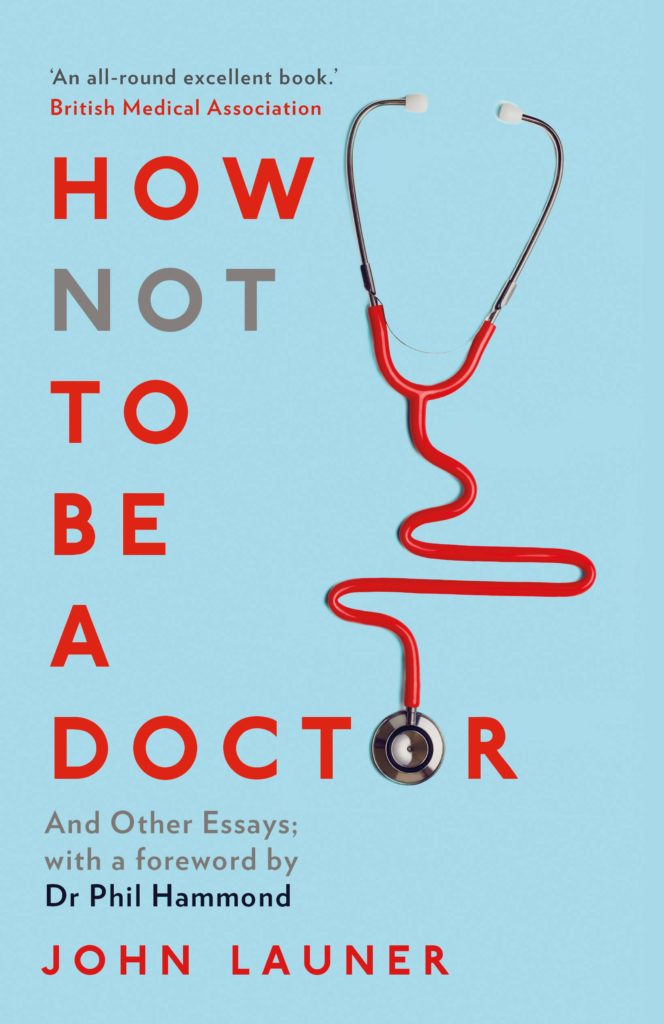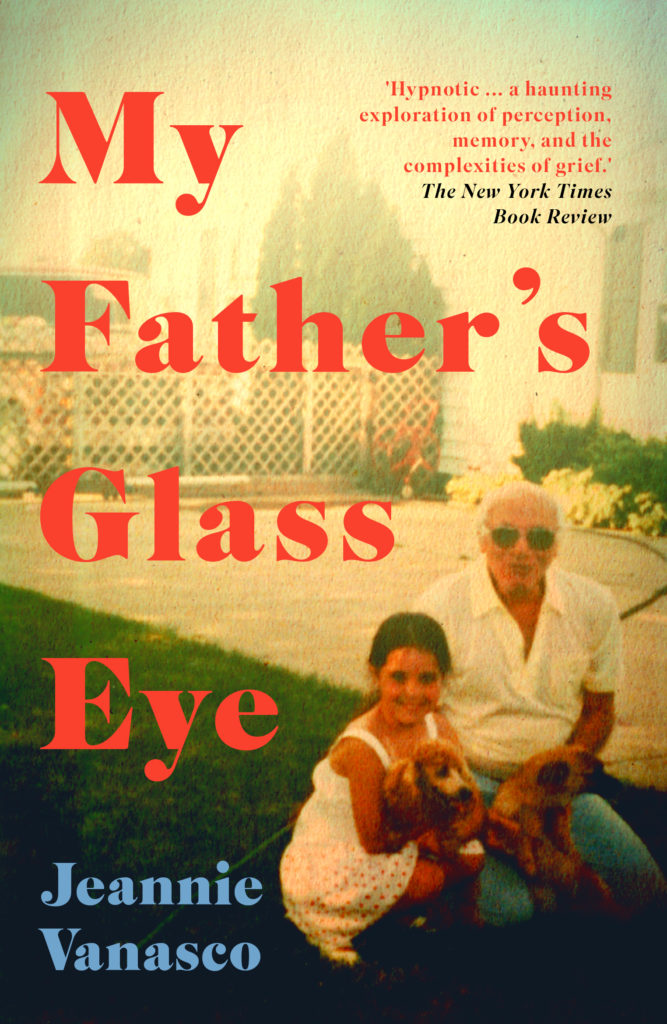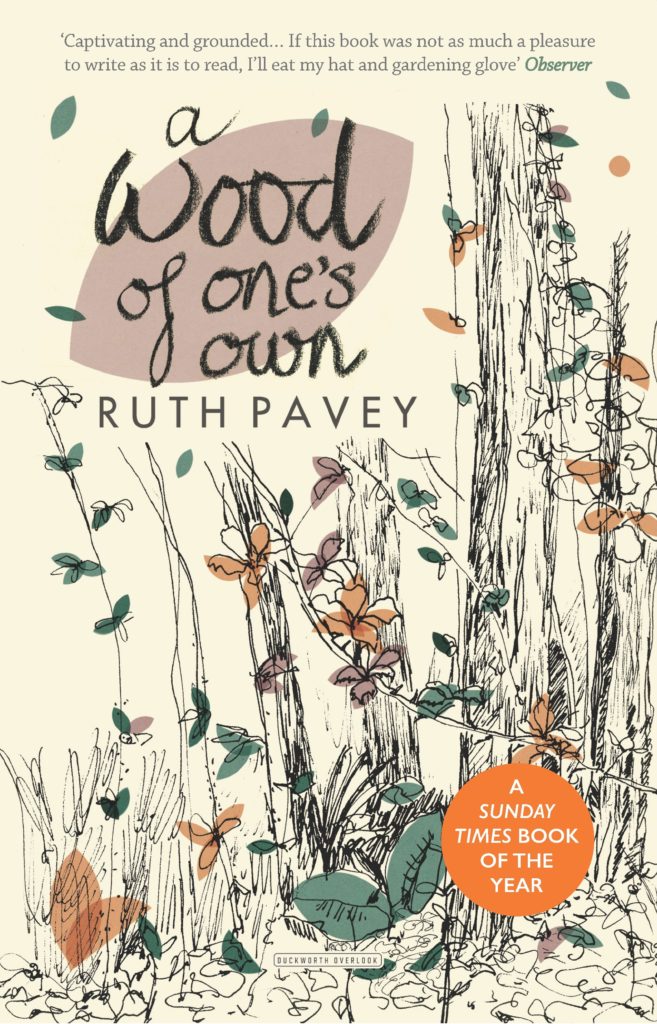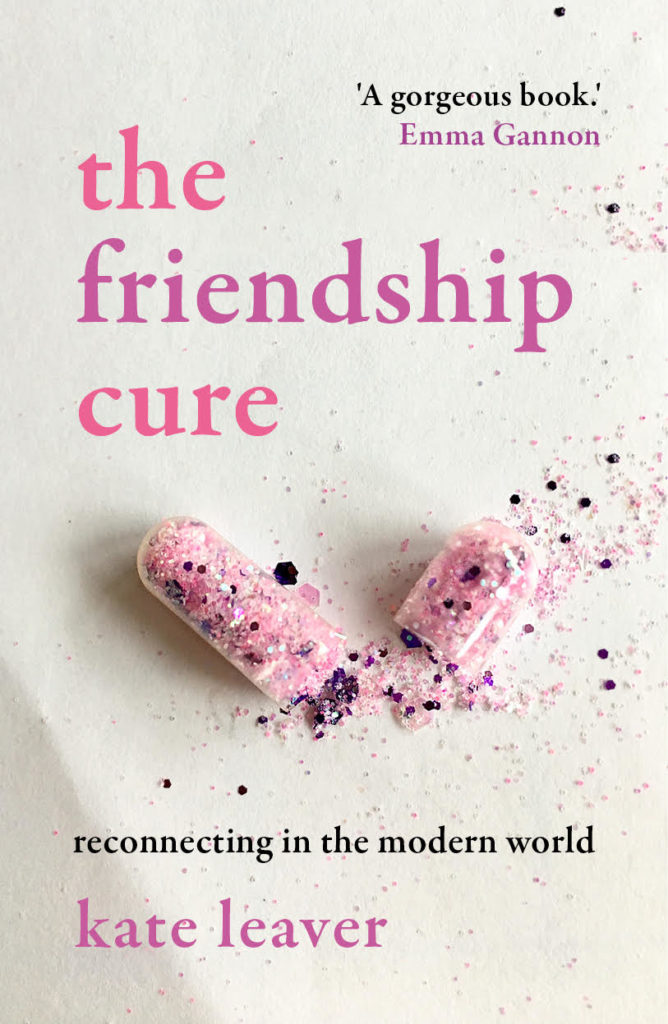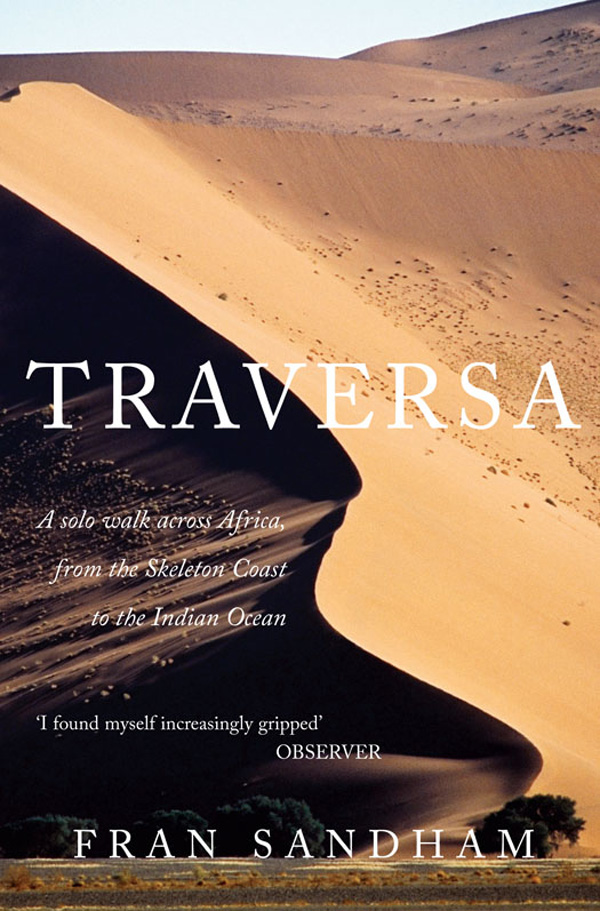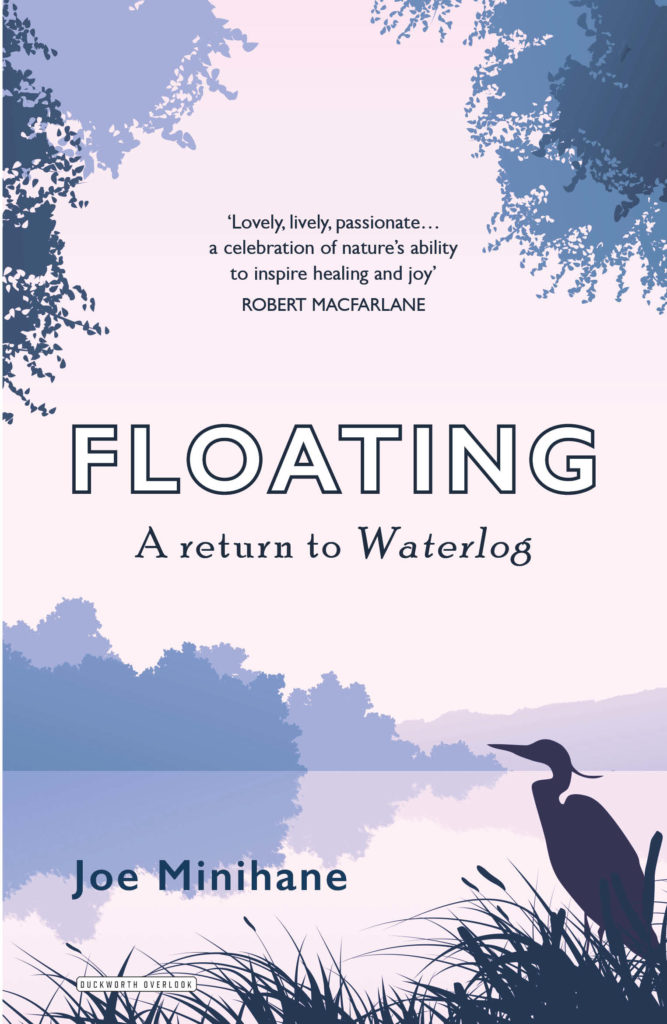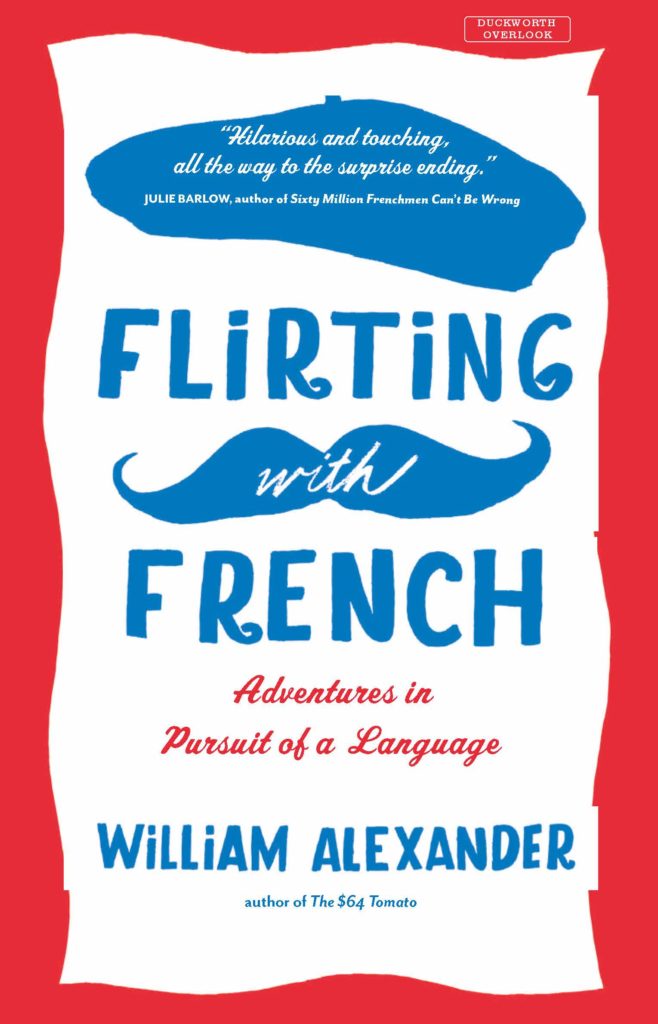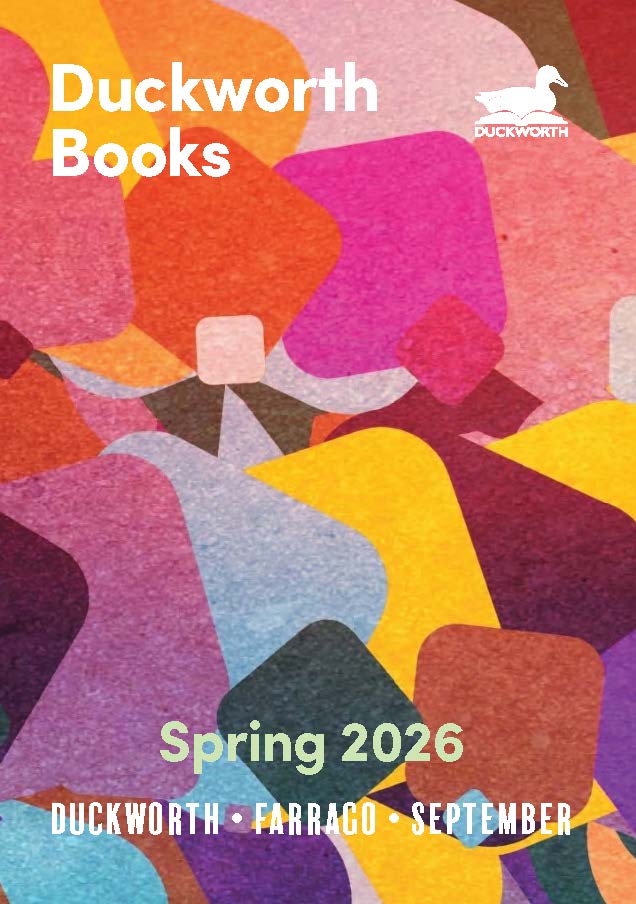
Beneath the floorboards of a ruined house, an 18th-century memoir is discovered. It reveals the life story of William Congreve, the acclaimed English playwright. The lost manuscript is penned by his faithful servant, Jeremy, who tells how they lived together through fierce political division and triumphal nationalism in that era of war with France, the aftermath of the Glorious Revolution.
Upon his death a monument in Stowe is erected to honour Mr Congreve. Atop a slender pyramid sits a monkey peering into a mirror, a court wit seeing reflected the ironies of polite society folding in on itself as Whigs and Tories feud with scant ground for compromise.
Through the prisms of memory and art, award-winning author John Spurling reimagines this tumultuous period and brings to life historical figures Dryden, Vanbrugh, Swift, Pope and Lady Mary Wortley Montagu as never before.
